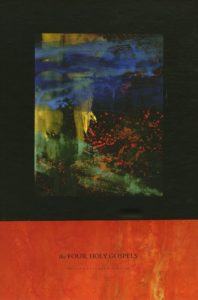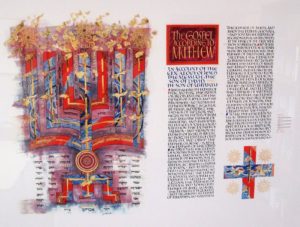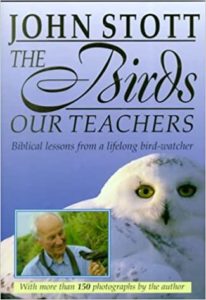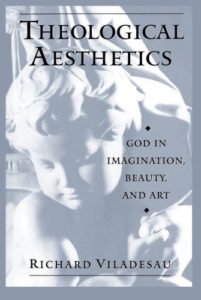
ALBUQUERQUE, NEW MEXICO (ANS)–I’m writing this article during the Coronavirus crises (COVID-19). As I type, thousands of people around the globe have lost his or her life fighting the virus.
Beauty Vs. Brutality
The question arises: why write about beauty in the midst of natural brutality? The answer: God is in the midst of the anguish; His beauty is there, even when we can’t seem to locate it. It can be found in the person who leaves groceries for an elderly neighbor on her doorstep; it is uncovered in a doctor who continues to give care, even with the risk of contracting the virus; it’s located in the opera singer who sits on his porch and sings to his community at the close of the day; it is discovered in the simple prayers of people, asking God to protect.
Beauty of Creation
Beauty is found in the sky that shelters above; via the mountains that frame our existence; within the waters that allow us to sail; amidst the trees that give shade; and in the flowers that continue to bloom.
Beauty is.
Maybe in the end Dostoevsky was right: Beauty will help save the world.[1] This is why I write about beauty in the midst of a barbarous virus. Beauty is a salve for the situations we find ourselves in—wars, political unrest, and poisonous disease. But it’s not simply a contemplative beauty, but a commissioned beauty, a beauty that needs to be practiced and proclaimed. We need to get out there and tell the world about the beauty of Christ.
Theo-poetics

While you have some downtime during this crisis, I encourage you to turn it to uptime, concentrating on God and His beauty. Go outside and bask in His creation; talk to family and friends (safe distance, of course); take an online excursion through a museum; and spend some time reading edifying, beautiful books, His book being the best, the Bible.
There’s a field in theology called theo-poetics. Generally, there are two schools of thought within theo-poetics, a postmodern and classical. I gravitate towards the classical school of theo-poetics with its emphasis on Christ, classical theology, and language.[2]
With this in mind, here’s some beautiful, Christ-honoring books and articles that you can read during your downtime, using it as uptime to bask in God’s beauty.
Some books revel in God’s creation, other rejoice in God’s word. But in the end, they all reveal a God who loves us in times of trouble. For as Pastor Skip Heitzig said in a recent sermon, “When trouble overwhelms you, let God overwhelm your trouble.”

Beautiful Books
Art and the Bible, Francis Shaeffer. In this short book, evangelical statesmen, Francis Shaeffer, gives insight in how the Bible portrays the arts.
Birds Our Teachers, John Stott. Learning from one of Christendom’s stalwart evangelicals about the beauty of birds is a treat.
The Beauty of the Bible, Kenneth Boa. In this article, Kenneth Boa gives insight into the inspiration of the most beautiful book written.
The Four Holy Gospels, Makoto Fujimura. An artist of deep sublimity, Fujimura was commissioned to illustrate the four Gospels by Crossway Books. Using his training in Japanese aesthetics to render a mysterious grace (yugen), Fujimura provides a refined elegance to reading the Bible.
The Saint John’s Bible, Donald Jackson. Unlike Fujimura’s The Four Holy Gospels, Jackson’s work goes beyond the Gospels. Using handwritten text and illuminated artwork, The Saint John’s Bible covers the entirety of Scripture. It is a feast for the eyes and soul.

Parables of the Christ-Life, Lilas Trotter. Combining her love of Christ, the Bible, art, and creation, missionary Lilias Trotter left the world a treat. Parables of the Christ-Life is a book as Christ-honoring as it is beautiful. Or if reading is not on your list of things to do, a new movie–Many Beautiful Things–was made about Trotter’s life.
Theological Aesthetics: God in Imagination, Beauty, and Art, Richard Viladesau. For a more challenging and engaging read, pick up Viladesau’s work and learn what a theo-poetic vision of God’s beauty entails.
Enjoy yourself as you experience a theo-poetic journey with Christ, theology, and language. In doing so, lose your life in the love of our Savior.
[1] Dostoevsky, The Idiot. This is beauty with a capital “B,” God; beauty invested in God’s Person.
[2] Carpenter, Ann M. Theo-Poetics, University of Notre Dame Press, p 4.






